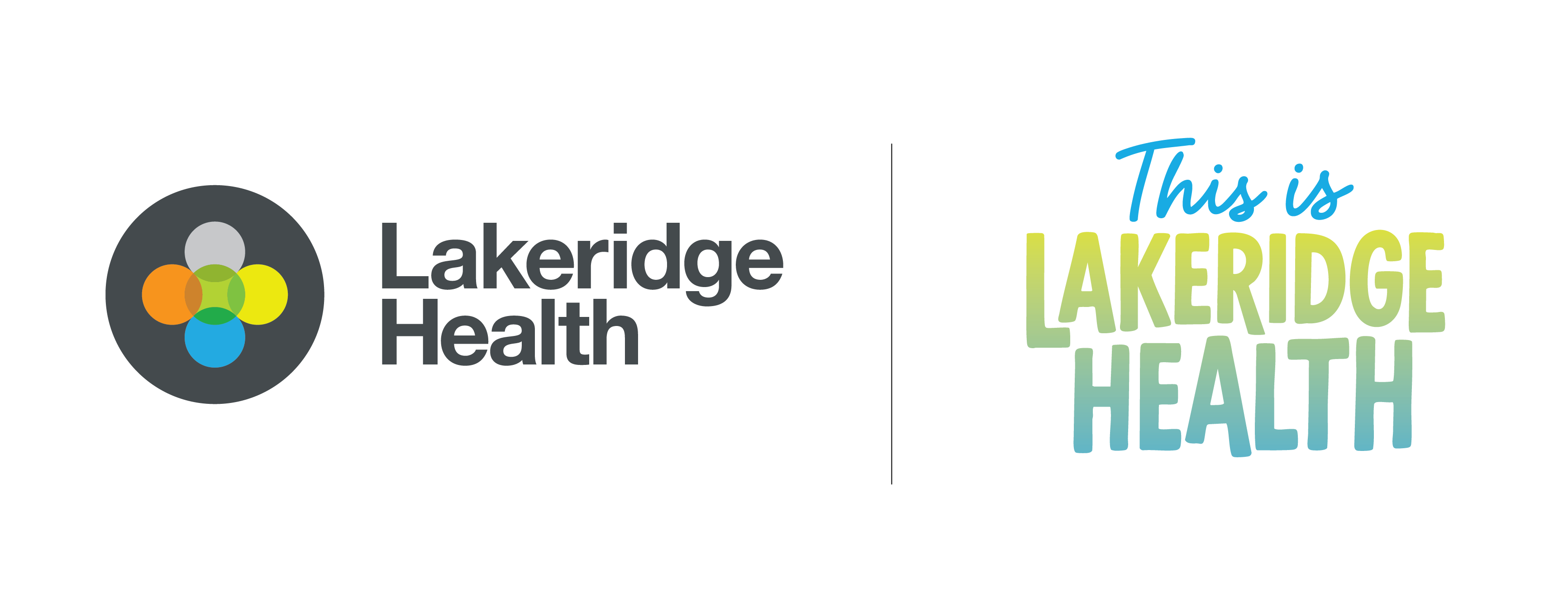Adult Integrated Mental Health Services (AIMHS)
AIMHS provides individual and group-based treatment on an outpatient basis for adults whose primary diagnosis is a mood or anxiety disorder. The AIMHS team uses evidence-based approaches to psychotherapy, including those with a skills-focus, such as cognitive behavioural therapy (CBT) and skills-only dialectical behavioural therapy (DBT). In addition to structured psychoeducational groups, groups that are process-oriented are offered. Process groups may have an interpersonal focus, with topics generated by group members.
Note that services are goal-oriented and time-limited. Referrals are reviewed on a case-by-case basis and will be contacted by telephone for a screening. Suitable referrals will be scheduled for an assessment with a social worker. Following assessment, the team will review the client’s presenting concerns and recommend the best available psychosocial treatment. Suitable clients will be directed to either group or individual AIMHS services for treatment. Treatment services may be offered virtually and/or in-person. Clients whose needs would be best served in alternative community programs will be redirected. Wait times for services in AIMHS vary and individuals with access to Employee Assistance Program (EAP) benefits and/or private health insurance are encouraged to pursue these options.
Who do we serve?
-
ages 18 years or older;
-
has a primary diagnosis or experiencing ongoing symptoms of depression, bipolar disorder (not currently in a manic phase or rapid cycling) or an anxiety disorder (including generalized anxiety disorder, social anxiety, panic, and agoraphobia); and
-
individuals ready to engage in weekly group or individual psychotherapy.
What we do not offer:
-
crisis or case management services; and
-
assessment for the purpose of addressing insurance, employment, or legal claims.
Exclusionary Criteria:
-
Medical or psychiatric instability (active psychosis or mania, suicidality, etc.) that may impede the treatment process.
-
Problematic substance use that would impact ability to actively participate in treatment.
-
Moderate/severe impairment of cognitive function (for example due to dementia, acquired brain injury, developmental or intellectual disabilities).
-
Active involvement in other psychotherapy for presenting problem(s).
-
Active or recent treatment with electroconvulsive therapy (ECT).
Referrals
-
We have moved to a centralized intake process with Central Connect.
-
Referrals may be submitted by primary health-care providers (medical doctor/nurse practitioner). Following initial screening, primary health-care providers will be advised of decision to accept or redirect referral.
Contact Us
Lakeridge Health
905-576-8711
